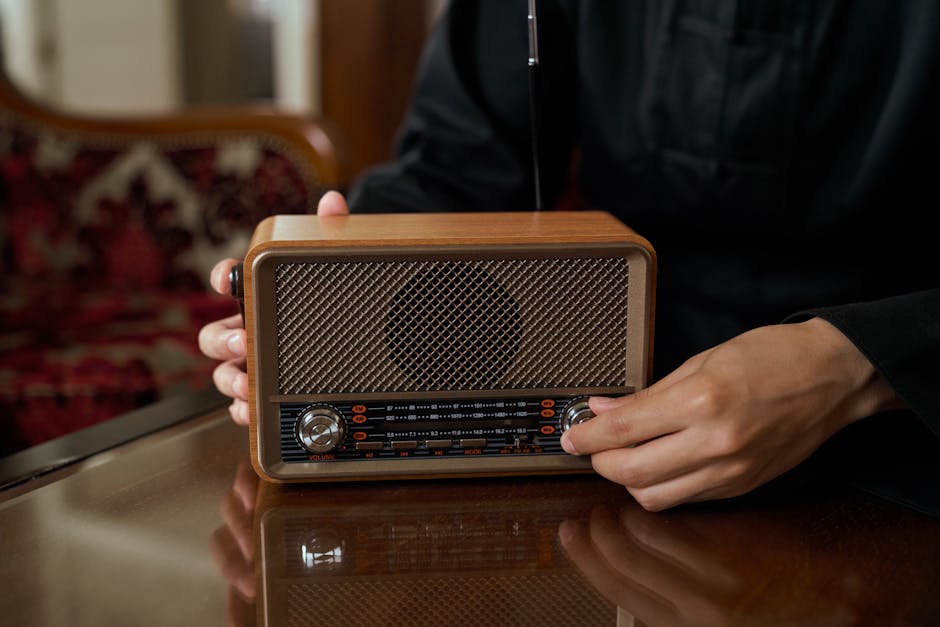Music, a powerful conduit of human experience, often resonates with us on a deeply personal level. Specific songs, albums, or genres can transport us back to cherished moments, triggering a rush of emotions that linger long after the final note fades. This is the captivating allure of nostalgic music, a phenomenon rooted in the complex interplay of memory, emotion, and cultural context.
The power of nostalgic music stems from its ability to evoke a sense of familiarity and comfort. This is not merely a passive recognition of a song heard before; rather, it’s an active recall of associated experiences. A melody, a rhythm, or a lyrical phrase can instantaneously trigger a cascade of memories, painting vivid mental pictures of past events, relationships, and personal milestones.
Consider a particular song you associate with a significant event, perhaps a first love, a graduation ceremony, or a family vacation. This musical connection transcends mere auditory recognition. It embodies the emotional landscape of that period. The emotions felt thenexcitement, sadness, joy, longingare reawakened with remarkable intensity, often eliciting a wave of empathy and understanding for the person you were at that time.
Furthermore, nostalgic music provides a unique form of emotional solace. It offers a comforting return to a time when life might have seemed simpler or more defined. In a world often characterized by rapid change and uncertainty, nostalgic music offers a safe harbour, a familiar haven where anxieties and doubts can momentarily subside. The familiar sounds provide a sense of continuity and belonging, anchoring us in the past while simultaneously connecting us to the present.
Several factors contribute to the pervasive appeal of nostalgic music. The role of personal experience is paramount. A song’s impact is heavily influenced by the context in which it was first heard. This context, in turn, shapes the emotional tapestry woven around the melody. The particular memories and associations attached to the song are intrinsically personal, giving it a profound and unique meaning for the listener.
Beyond personal experiences, cultural factors play a crucial role in shaping the appeal of nostalgic music. Popular songs and genres often reflect the cultural zeitgeist of a particular era. These pieces of music become embedded in collective memory, evoking not only personal memories but also broader social narratives. The fashion trends, political landscapes, and social movements of a time period become interwoven with the music, creating a potent reminder of shared experiences.
A significant contributor to the appeal is the power of “musical memory.” This refers to the intricate connection between music and memory, where sounds and lyrics trigger specific recollections. Neurological studies have shown that musical experiences are processed differently in the brain, activating areas linked to emotion and memory. This complex interplay contributes to the profound emotional impact of nostalgic music.
This phenomenon extends beyond individual experiences. A whole generation might share similar nostalgic attachments to particular genres, albums, or artists. The resurgence of ’80s synth-pop, for example, taps into a shared collective memory, connecting listeners with the experiences, fashions, and ideals of a specific period. Such cultural echoes contribute to a sense of shared identity and nostalgia, connecting people through their common musical past.
Another aspect of the charm lies in the feeling of revisiting a simpler time, even if only momentarily. Nostalgia often implies a longing for a perceived past perfection. This can extend to the soundscapes themselves. The innocence, or the anxieties, or even the complexities of a past era are all brought back into the present through music, adding layers to the nostalgic experience.
Music also serves as a catalyst for social connection. Nostalgia-inducing music can facilitate shared conversations and reminiscing, fostering a sense of community amongst listeners. The act of recalling and discussing memories associated with a particular song creates a sense of shared experience and reinforces social bonds. Sharing these memories can act as a powerful bonding mechanism, bridging generational divides and fostering understanding.
The resurgence of vintage musical styles, coupled with the accessibility of streaming services, further fuels the appeal of nostalgic music. Listeners can easily discover and revisit music from past decades, revisiting their own memories and potentially exposing new generations to the rich tapestry of musical history.
In conclusion, the appeal of nostalgic music extends far beyond its mere musical qualities. It is a complex interplay of personal memory, cultural context, and emotional resonance. It offers a comforting return to the past, a reminder of shared experiences, and a catalyst for personal reflection. This capacity to evoke profound feelings, to connect us to our past selves and to the world around us, ensures the enduring power and allure of nostalgic music for generations to come.
